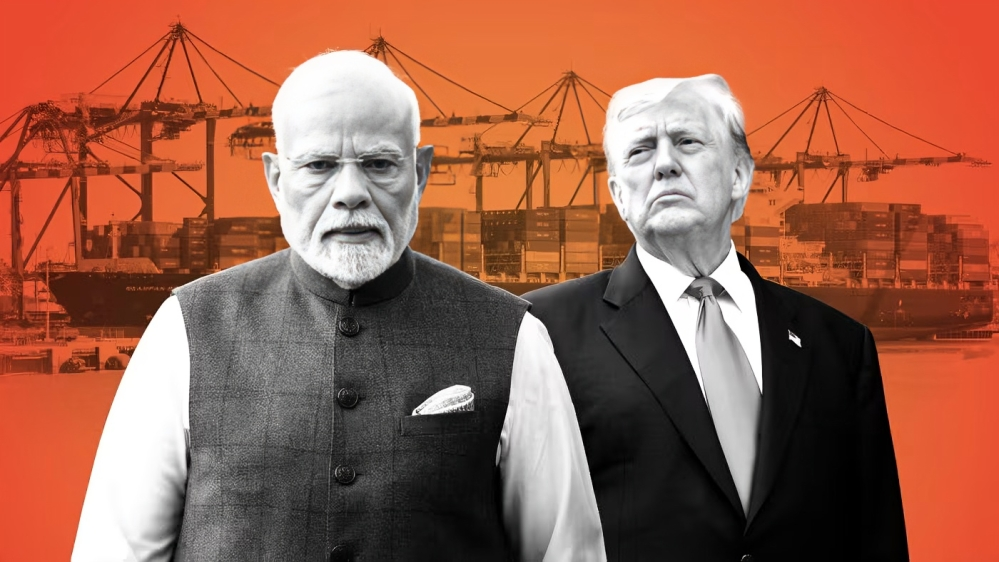The Indian government has issued a strong rebuttal to Washington’s decision to impose an additional 25% tariff on Indian imports over its continued purchase of Russian oil, describing the move as “unfair, unjustified, and unreasonable.”
The response came hours after US President Donald Trump signed an executive order targeting Indian goods, citing New Delhi’s refusal to scale down crude oil imports from Russia. The government reiterated that its energy procurement strategy is based purely on market factors and the imperative of ensuring energy security for 1.4 billion citizens.
“We have already made clear our position on these issues, including the fact that our imports are based on market factors and done with the overall objective of ensuring the energy security of 1.4 billion people of India,” the statement said. “It is therefore extremely unfortunate that the US should choose to impose additional tariffs on India for actions that several other countries are also taking in their own national interest.”
Officials pointed out that India’s energy choices are made in a manner consistent with its national priorities and that the same approach has been taken by other nations seeking stable and affordable fuel supplies amid global price volatility. They stressed that singling out India while ignoring similar actions by others reflects a discriminatory approach.
The government also underlined that energy trade with Russia forms part of India’s broader strategy to diversify supply sources, ensuring resilience against disruptions in the global oil market.
“We reiterate that these actions are unfair, unjustified, and unreasonable. India will take all actions necessary to protect its national interests,” the statement concluded.
The latest tariff dispute adds to a growing list of trade tensions between New Delhi and Washington, even as both sides maintain cooperation in other areas, including defence and technology partnerships. Analysts warn that if the situation escalates, it could impact bilateral trade volumes, which have already been under strain due to earlier tariff hikes and disputes at the World Trade Organization.












